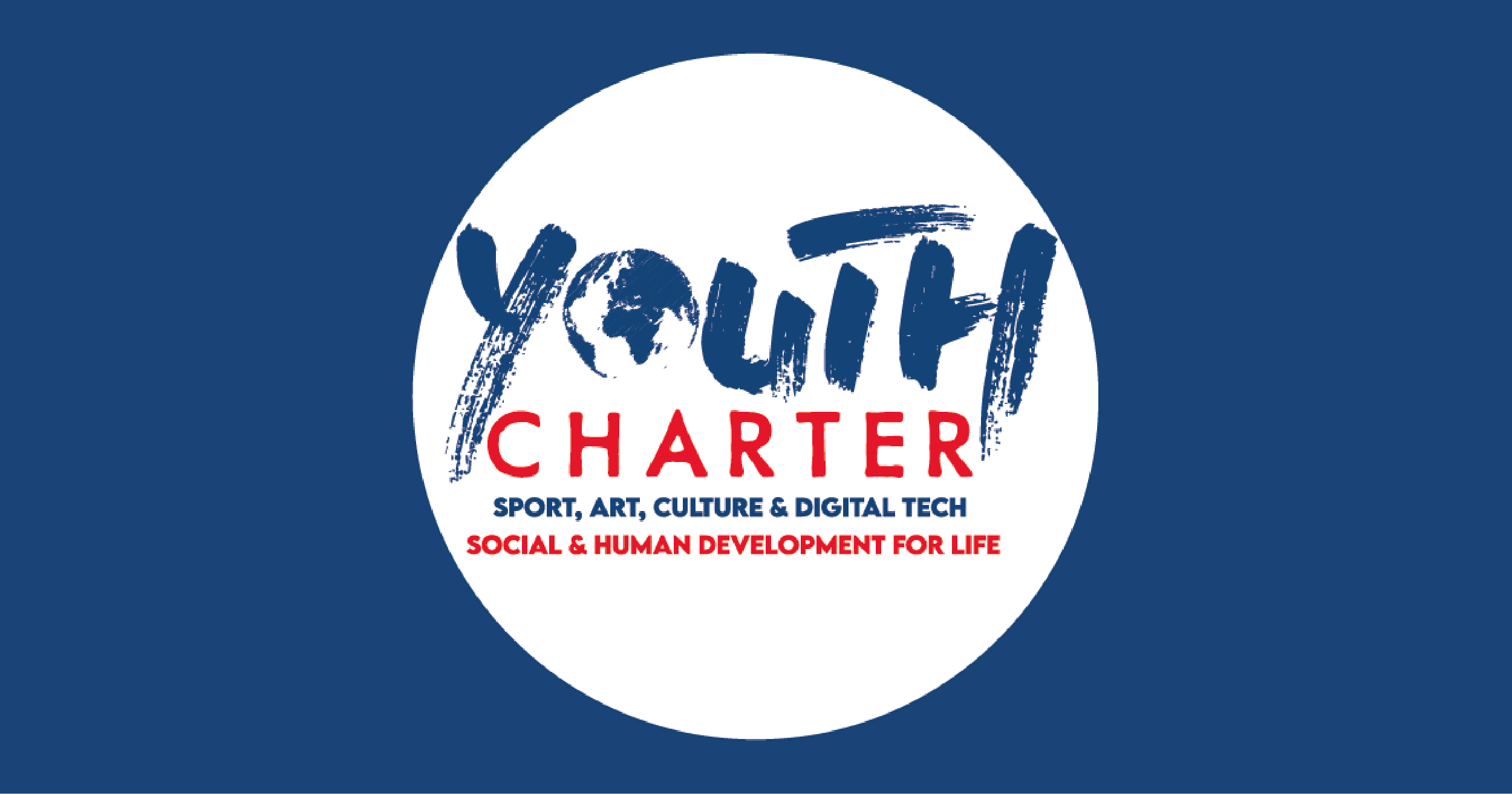BY SHOMADE ADEDAYO MOSES
As tensions between Pakistan and India escalate once again, the recent communique issued by the United Nations rings with urgency: we cannot afford another conflict.
In a time marked by global instability and the increasing normalization of pre-emptive or retaliatory military action, the stakes could not be higher.
The justification of force, once the last resort, is now emerging as a dominant narrative among governments. The recent military response to terror attacks was executed with focus and proportionality, deliberately framed with a non-escalatory and responsible posture. Yet, amid this measured response lies a deeper concern: a troubling trend toward conflict as a default response to political provocation.
As we marked the 80th anniversary of VE Day, we were reminded of the catastrophic consequences of war. Its causes may vary, but its effects, displacement, trauma and division remain tragically consistent. Conflict is no longer confined to the history books; it is a daily occurrence, a violent expression of geopolitical rivalries in both the developed and developing world. The uncertainty it sows affects us all, challenging us to reflect on the urgent need for peaceful resolutions.
In this context, we must ask: where is the global sport for development and peace movement in responding to today’s crises? Once championed as a unifying force and a vehicle for diplomacy, sport must reclaim its place as a platform for peacebuilding.
When President Trump suggested that the FIFA World Cup could incentivise Vladimir Putin to de-escalate the Russia-Ukraine conflict, it sparked debate. Similarly, the suspension of Indian Premier League cricket matches during the height of Indo-Pakistani tensions served as a subtle diplomatic signal. And with Putin’s lifelong dedication to judo and Trump’s admiration for combat sports such as UFC and boxing, could sport once again influence the reopening of the UN Office on Sport for Development and Peace?
There are signs of momentum. The recent announcement of the UN Youth Forum’s sustainable development project through martial arts is a step in the right direction. This initiative exemplifies how sport, particularly disciplines rooted in discipline and respect can foster resilience, inclusion, and peace among young people.
This week also marks International Coaching Week and the International Day of Living Together in Peace. These observances offer a timely opportunity to harness the power of sport as a catalyst for unity. Let us advocate for the recruitment and deployment of Social Coaches – mentors and community leaders who can deliver sport-based interventions that promote understanding, empowerment, and social change.
Looking ahead to 2030, the United Nations Sustainable Development Goals remain our collective roadmap. If we are to realise the goal of sport for development and peace, then we must act now – reigniting global efforts, establishing institutional support, and delivering legacy programmes that inspire hope and resilience in the face of adversity.

